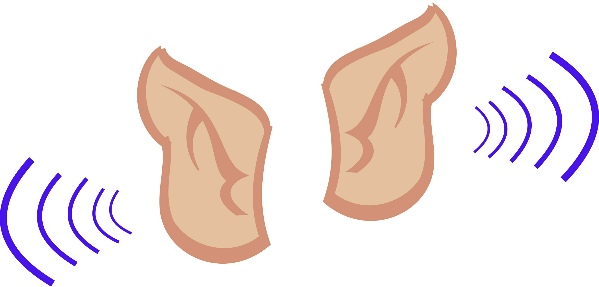
Listening is a complicated skill that requires children to learn how to pay attention – being able to focus on a particular voice or sound by filtering out other voices and ambient noises. They then have to concentrate on the voice or sounds to take in the information, building the stamina needed to listen for extended periods of time. Then they have to interpret that information to gain meaning – comprehension.
The usual approach to teaching children to listen is based on three behaviours:
- Sitting or standing still
- Looking at the person who is speaking
- Thinking about what the person is saying or said
However just because your child is replicating these behaviours doesn’t mean they are listening.
It is also surprising how often children are happy to follow steps 1 and 2 but completely miss step 3.
This is not surprising really as listening is not a set of behaviours but a set of skills that need to be taught and developed, starting from birth.
A child with poor listening skills will find it difficult to complete tasks, as they have not taken in all the information and so not understood the full extent of the task, or what was required of them. This can lead to a child flitting from one activity to another and never finishing anything, slowing down their learning. They also miss out on the sense of achievement and feeling of pride when a task is completed. This helps to build a child’s confidence, self-esteem and self-motivation to try again or attempt a more challenging task.
For many children good listening skills do not develop naturally, they have to be taught!


